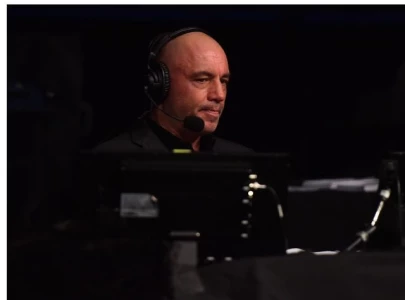
South Punjab, perhaps the most impoverished region of the province, has little to offer to its religious minorities.
With growing discrimination and a flawed registration system, members of minority communities in the region have been living in fear of persecution, according to a report by the Minority Rights Commission.
Over 0.25 million non-Muslims live in five districts of south Punjab – Rahim Yar Khan, Muzaffargarh, Multan, Layyah and Khanewal.
As a result of increasing persecution and discrimination, members of the Hindu community in the region are being forced to convert to Islam. Non-Muslim women are also being forced to change their religion and marry Muslim men.
According to the report, this new trend of forced conversions and forced marriages is on the rise in South Punjab, particularly in Rahim Yar Khan and adjacent areas.
School admissions refused
The report further revealed that growing intolerance and flaws in registration processes is shutting the doors to education for minorities in the region.
In Rahim Yar Khan, members of minority communities, particularly Hindus, are unable to register their children in government schools, which have refused admissions due to the absence of birth certificates.
Furthermore, without Computerised National Identity Cards, over 150,000 non-Muslims have been unable to register their children for secondary school examinations since 2001.
Hindus are also unable to get their marriages registered in the absence of formal laws in the country.
Land grabbers
Furthermore, the report claims that in Muzaffargarh district, land grabbers have snatched hundreds of acres of cultivated land from Christian families, who have been tilling the land for the last 35 years. Over 20,000 non-Muslims reside in the district.
Balmiki Hindus, a sect of the religion, are facing their own share of alleged highhandedness by Muslims in Multan, where the community has lost their ancestral graveyard to the land-grab mafia.
Multan has allegedly attracted the binary attention of jihadis and religious fanatics due its significance as the new hub of political power and economic activity.
The Auqaf Department in Multan receives millions of rupees as rent from the commercial properties of Hindus, but the money is spent on Muslim, instead of Hindu, festivals, the report claimed.
The minority community has staged demonstrations against this injustice but authorities concerned have failed to take any action so far.
False accusations
Layyah district, where over 20,000 non Muslims reside, is also witnessing a peculiar trend of false accusations of desecration of the holy Quran and blasphemy against minorities.
A majority of non Muslims in Shantinagar, Khanewal district, have been living in fear since decades. In 1997, 900 houses burnt out in a village in the area after it was alleged that pages of the Holy Quran were burned by local non Muslims.
The quota for non Muslim women in government jobs in the district has also been restricted.
Published in The Express Tribune, September 3rd, 2012.
COMMENTS (7)
Comments are moderated and generally will be posted if they are on-topic and not abusive.
For more information, please see our Comments FAQ

1726728390-0/BeFunky-collage-(7)1726728390-0-165x106.webp)
1728297472-0/Fousey-(1)1728297472-0-165x106.webp)

1730806672-0/diddy-(37)1730806672-0-165x106.webp)






I really appreciated that somebody highlighted this issue. I am from village Shantinagar and I saw with my own eyes all the destruction and the fear in the eyes of children. Many Christians left that village and remaining are living in great fear. Intolernace and discrimination against minorities is increasing very rapidly in that area. Govt. should take this issue seriously.
@p r sharma: It shows the situation and trends which is required to be disseminated more and more. There will be room for action if people get more awareness.
Minority Rights Commission has brought good picture of minorities situation in Southern Punjab. Continue your struggle for the rights of vulnerable groups of society.
Islamic republic and the religion of peace at their best.
The report is a matter of shame for us
Nothing new in the report .the only positive step is that now such news are taking place in the media and probably attract the attention of liberal Muslims on their plight and it raises a light of hope.